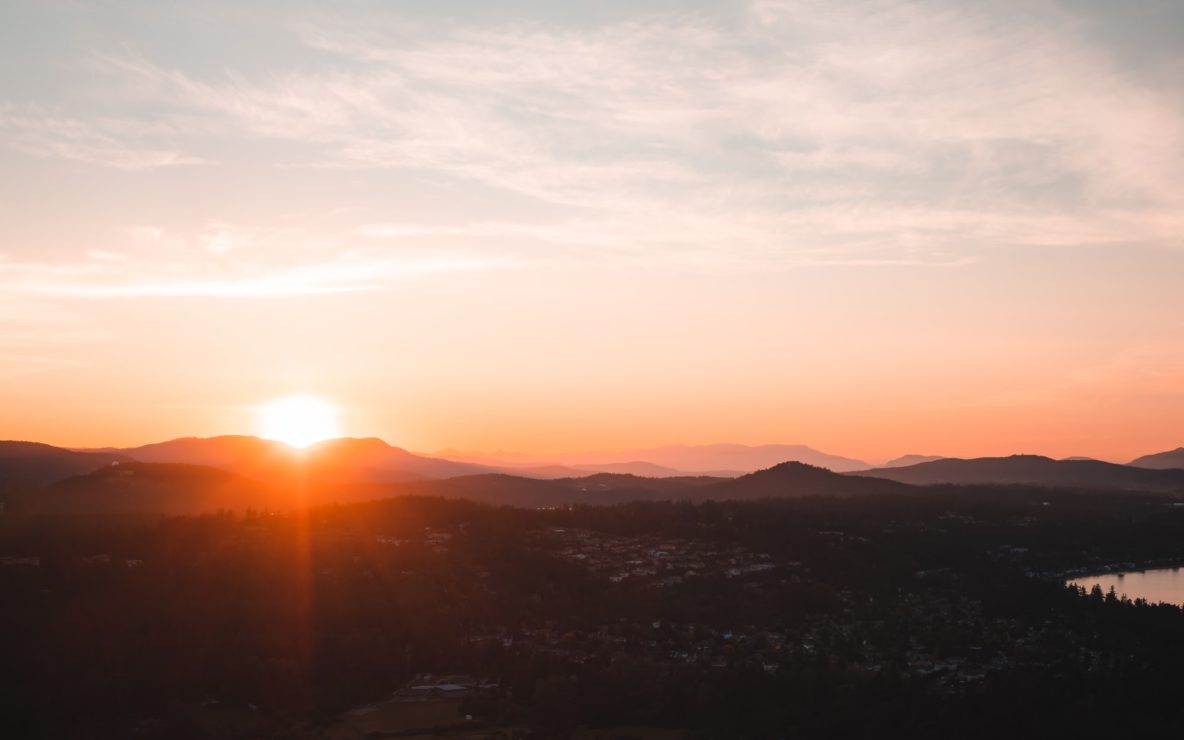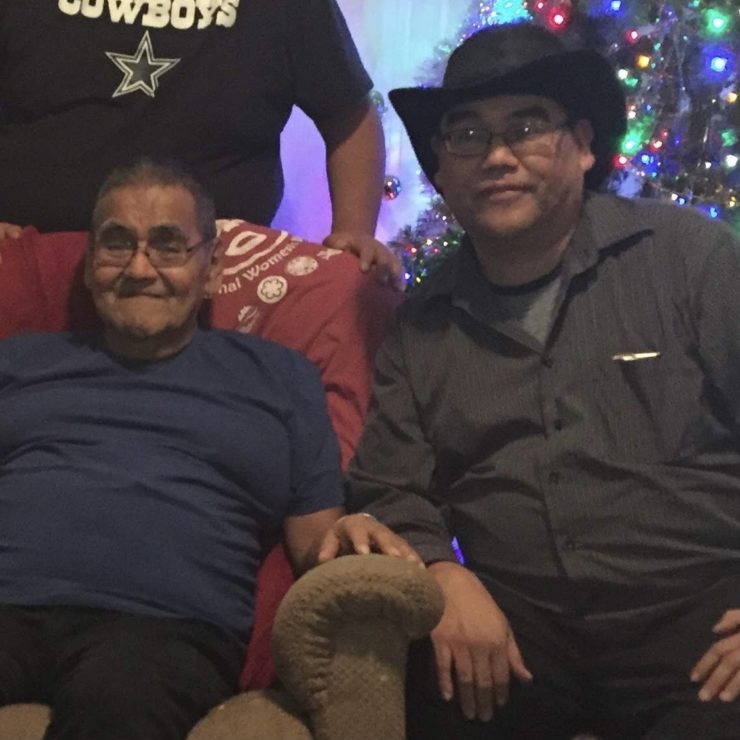
It has been almost a year now that COVID-19 has disrupted so much of our lives. Sleep has been elusive for many. Thinking, worrying, over-thinking, stress, and isolation are just some things that cause sleepless nights. There are then two choices: stay awake or find strategies to fall asleep. One strategy that our family has tried is W̱ЌEL, W̱,ЌELIWENS — which means “sleep meditation.” I have noticed that all of our sleep meditation options are in the English language. What I wanted to do for our children who attend ȽÁU, WELṈEW̱ Tribal School, located near Brentwood Bay and on W̱JOȽEȽP (Tsartlip) territory in W̱SÁNEĆ, was to create a sleep meditation in SENĆOŦEN, which is the name of our language.
ȽÁU, WELṈEW̱ Tribal School (nursery to grade 5) has a SENĆOŦEN Immersion Program constructed to help keep the SENĆOŦEN dialect alive. The oldest children in SENĆOŦEN Immersion are now in grade seven and attend the W̱SÁNEĆ Leadership Secondary School (grades 6-11). Both schools are located in the same area. The group of grade seven youth started the SENĆOŦEN Immersion Program when they were four years old, learning and hearing SENĆOŦEN during their school days. W̱ЌEL, W̱,ЌELIWENS will be a tool for these immersion speakers.
STIWET is James Elliott’s traditional name and he is a teacher in the SENĆOŦEN Immersion Program. He recalls how sleep was essential to our Elders and the importance of a good night’s rest. He first responded in SENĆOŦEN and then translated to English:
“So what they said was that your best rest comes before the middle of the night, we call that midnight now, and after the middle of the night, your mind and body starts getting ready to wake up, starts to return to its waking nature, so your best rest you get is on your way down to that deep sleep which is middle of the night. This is what our Elders said, so if you want a good night’s rest it’s best to get to bed early before the middle of the night that heads to daybreak,” STIWET said.
With this “new normal,” practicing our ancestors’ ways of getting a good night’s rest has been even more of a chore. I wrote this sleep meditation in English, and asked STIWET to translate it into SENĆOŦEN:
Good Day,
This sleep meditation is to help you get to sleep … to help you relax and fall asleep…
I will help by guiding with my voice and deep breathing … Let’s start with a prayer…
HÍSW̱ḴE SIÁM XÁLS NEȻE XAXE ŦIŦEL SIÁM,
We ask for a good night’s sleep, keep me and my family safe, send healing and protection
Now, begin with getting comfortable…
Relax, clear your mind … listen only to the sound of my voice…
Now, time for deep breathing … In through your nose, out through your nose…
Steady … slow breaths … Now, let’s start with relaxing your feet when you take a breath
Allow your feet to feel rested…
Again … take a deep breath… in through your nose, out through your nose…
Allow calves to feel rested…
Take another deep breath … in through your nose and relax your thighs and hips…
Allow your thighs and hips to feel rested…
Take another deep breath … in through your nose and relax your stomach and back…
Allow them to feel rested…
Take another deep breath … in through your nose, out through your nose … and relax
Your arms and shoulders … allow them to feel rested…
Take another deep breath … in through your nose, out through your nose … and relax
Your jaw, your face, feel your head relax on the pillow…
Time to rest … have a good night’s sleep… Good Night.
This meditation scans the body from toes to head, and is meant to relax the whole body to be ready for sleep. Our recording, the translated version of the meditation, is read by my husband, Romaine Underwood, who also works as an educator for the SENĆOŦEN Immersion Program. The background song is the Coast Salish Anthem Prayer song by Chief Dan George, also sung by Romaine.
Leanne Kelly, an Indigenous registered nurse and PhD student in the Social Dimensions of Health, emphasizes how important getting ready to sleep is.
“Preparing for sleep is just as important as sleep — turning off connection to the screen and before bedtime in preparation for intentional rest, making a choice to work at staying asleep, having an uninterrupted sleep,” said Kelly who worked 31 years, 26 years of them with Cowichan Tribes, as a Registered Nurse.

We told Victor Underwood, Romaine’s dad, that our young son Victor (10 years old) was having a hard time getting to sleep. He advised him to turn around in his bed and put his pillow where his feet would be. He also suggested taking a warm bath before bedtime, which is similar to what Kelly said about preparing for a good night’s sleep.

In the First Nations Health Authority’s “Ten tips for sleeping well during troubled times,” tip number nine is to practise relaxation and mindfulness meditation exercises. Dr. Shannon McDonald, FNHA’s deputy chief medical officer emphasizes the importance of sleep.
“With everything that’s going on right now you’re not alone if you’re finding it difficult to relax and get a good night’s sleep. Yet it’s never been more important to have the strongest immune system possible, and sleep is one of the major ways to ensure this,” McDonald said.
I hope the recording we made is the first of many SENĆOŦEN meditations so the children can benefit from hearing their language and supporting their wellness.
W̱ЌEL, W̱,ЌELIWENS






